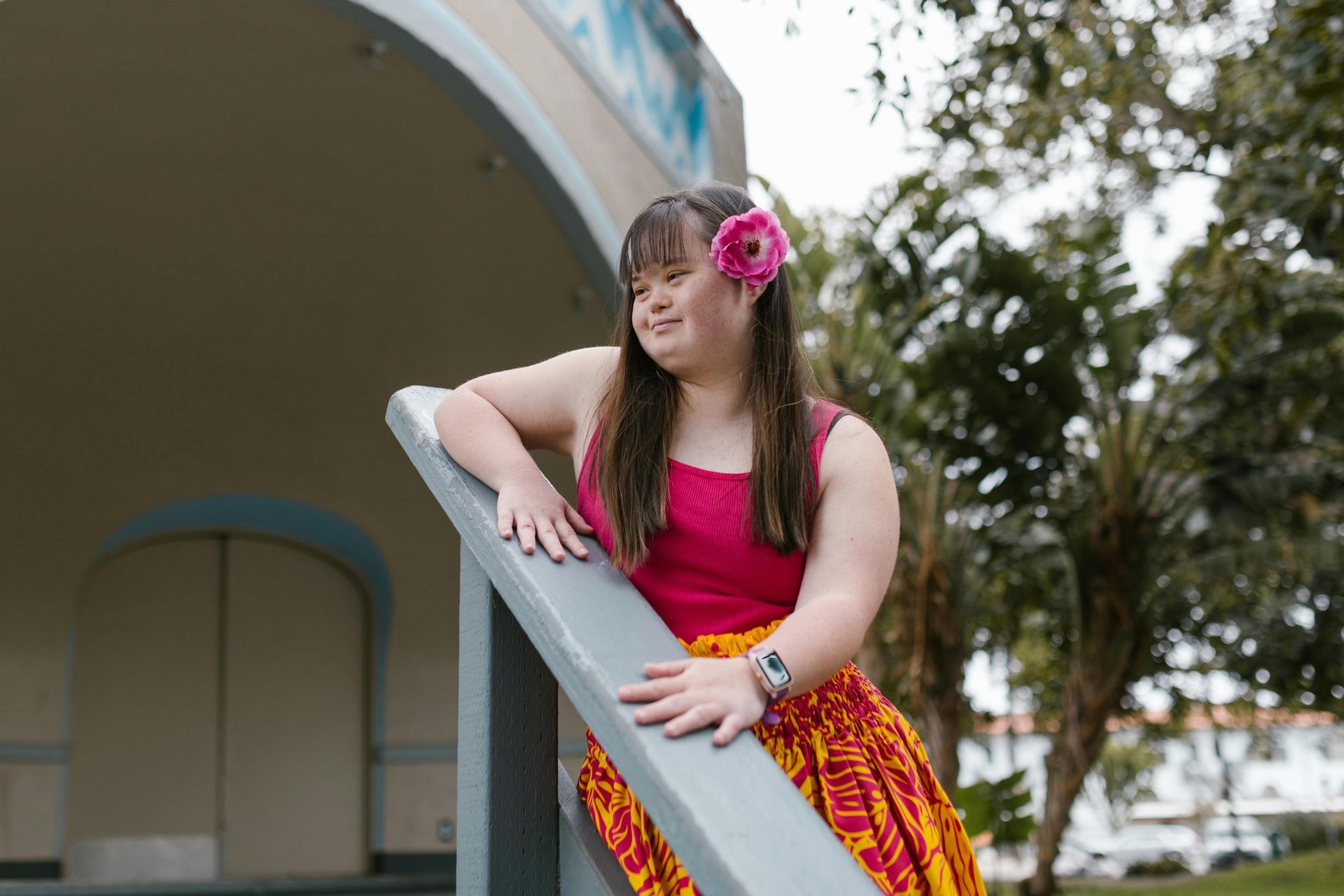Building a strong support system is crucial for families caring for loved ones with mental health challenges or developmental disabilities.
While these families provide unwavering love and commitment, the journey can be demanding. This is where caregiver support becomes invaluable.
Imagine a comprehensive support system where families have access to resources, information, and emotional understanding. Combine this with professional caregivers who are skilled and compassionate. This powerful collaboration fosters a nurturing environment for both the individual receiving care and their loved ones.
Benefits of Collaborative Care:
- Reduced stress and burnout for families: Having a reliable support system allows families to take much-needed breaks and recharge.
- Improved quality of life for everyone: Collaboration ensures all needs are met, fostering a positive and supportive atmosphere.
- Enhanced communication and understanding: Open communication between families and caregivers creates a unified approach to care.
How to Build Collaboration:
- Open communication: Share openly and honestly with each other about concerns, goals, and successes.
- Mutual respect: Acknowledge the unique contributions of both families and caregivers.
- Shared goals: Work together to develop a plan that aligns with the individual's needs and the family's wishes.
By fostering a collaborative support system, families and caregivers can provide the best possible care for their loved ones.
Interested in learning more about how to build a strong support system for your family member? Contact us today!
www.globalhandsinc.com










